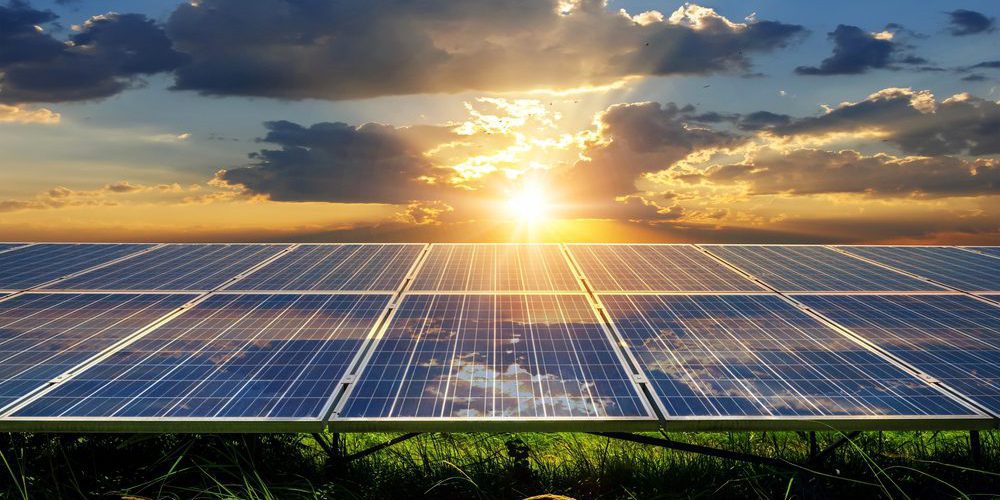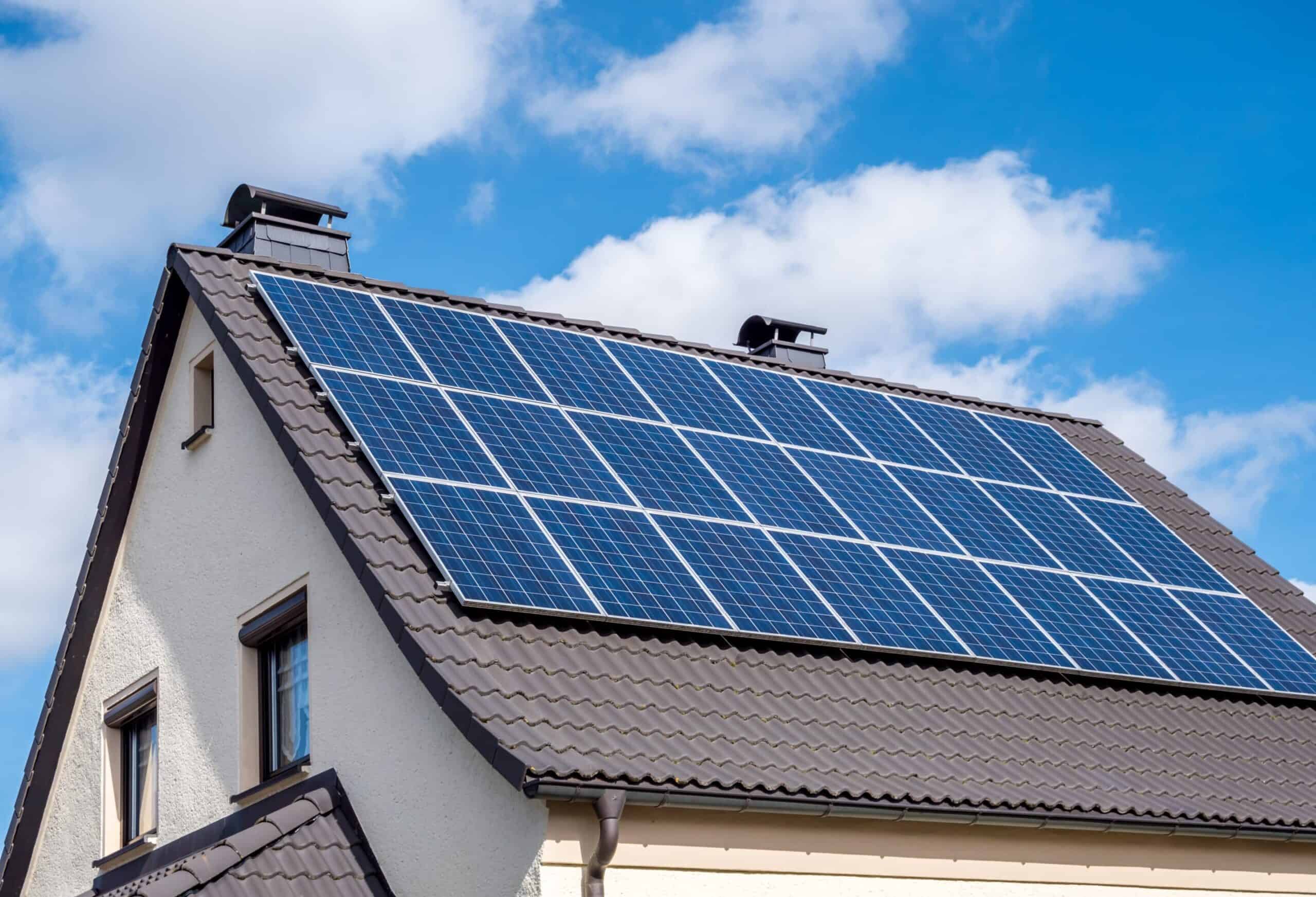Take Full Advantage Of Energy Financial Savings With High-Quality Solar Panels
Making best use of energy cost savings via the usage of high-grade solar panels is a complex strategy that requires cautious factor to consider of modern technology, installation, and maintenance. Selecting high-efficiency options, such as monocrystalline panels, can considerably enhance electrical energy generation, while sturdiness and guarantee terms play a critical duty in lasting financial practicality.
Advantages of Solar Energy
The advantages of solar power are many and considerable, making it a significantly appealing option for both household and commercial applications. One of the key advantages is its potential to reduce electrical power costs. By utilizing sunshine, homeowner can produce their own power, lowering dependence on conventional energy sources and inevitably resulting in substantial financial savings.
One more crucial benefit is environmental sustainability. Solar power is a clean, renewable energy that assists to alleviate greenhouse gas discharges, adding to a reduction in air contamination and environment adjustment. This lines up with international efforts to change towards even more lasting power options.
Additionally, solar energy systems can boost home worth. Houses and services equipped with photovoltaic panels frequently have greater resale worths, interesting environmentally-conscious purchasers and investors. Government motivations, such as tax obligation credit scores and rebates, can counter setup prices, making solar power also more economically practical.
Last but not least, solar innovation promotes energy freedom. By purchasing solar power, people and companies can decrease their vulnerability to fluctuating energy costs and supply disruptions, cultivating greater control over their power resources. Collectively, these benefits underscore the engaging reasons to consider solar energy services.
Selecting the Right Solar Panels
Picking the appropriate photovoltaic panels is a vital action in maximizing the efficiency and advantages of a solar power system. When assessing photovoltaic panels, numerous factors ought to be taken into consideration to make certain optimal performance and long-lasting cost savings.
First, examine the panel's performance rating, which indicates exactly how effectively it transforms sunlight into power. Greater effectiveness panels might have a higher in advance price however can create even more power in restricted space. Next, analyze the service warranty used by the supplier; a longer service warranty normally reflects a greater level of confidence in the item's sturdiness and performance.
In addition, think about the kind of photovoltaic panel modern technology. Monocrystalline panels are recognized for their high efficiency and space-saving design, while polycrystalline panels have a tendency to be much more cost effective yet somewhat less effective. Bifacial panels, which capture sunshine from both sides, are likewise getting popularity for their potential to enhance power result.
Last but not least, carry out a complete evaluation of independent performance ratings and consumer testimonials to assess dependability and complete satisfaction. By carefully considering these variables, house owners can make educated choices that straighten with their power needs and economic goals, eventually enhancing the return on financial investment for this contact form their solar power systems.
Understanding Installment Expenses
Understanding the prices related to installing photovoltaic panels is crucial for homeowners aiming to purchase renewable power. The overall installment expense can differ substantially based on numerous elements, consisting of system size, panel type, installment intricacy, and geographical area.
Typically, the expense is relied on a per-watt basis, with typical prices varying from $2.50 to $3.50 per watt before any rewards. A basic domestic system might cost in between $15,000 and $25,000, depending on energy needs and the selected elements.
Along with the panels themselves, homeowners should think about expenditures associated to inverters, mounting hardware, and electrical upgrades. Labor expenses additionally play an essential role, as specialist installation makes certain compliance with security criteria and neighborhood guidelines.

Eventually, recognizing these installation costs and prospective economic advantages is important for house owners to make enlightened choices about transitioning to solar energy.

Maintenance for Long-Term Cost Savings
Maintaining solar panels is vital for maximizing long-lasting energy savings and guaranteeing the system operates at peak performance. Normal maintenance involves a number of crucial techniques that can significantly enhance the longevity and performance of solar setups.
First, regular examinations need to be conducted to identify any physical damage or wear, such as fractures or loose connections. Cleaning up the panels is likewise necessary, as dirt, dust, and particles can block sunshine, lowering power result (Solar Panels). It is suggested to cleanse the panels at the very least two times a year, or extra regularly in locations with high degrees of dirt or air pollution
In Learn More addition, keeping an eye on the system's efficiency with a tracking software application can supply real-time data on energy production and sharp home owners to any kind of abnormalities. This positive technique enables timely repair work, minimizing downtime and maintaining optimum power generation.
Environmental Impact of Solar Power
The ecological influence of solar power extends far past its instant benefits of reducing power costs and reliance on nonrenewable fuel sources. By using sunshine, solar energy significantly decreases greenhouse gas discharges, thus mitigating environment modification. Unlike conventional power sources such as coal or gas, solar energy generation does not produce air toxins, adding to improved air top quality and public health and wellness.
Moreover, solar power promotes biodiversity by reducing the requirement for fossil fuel removal, which typically disrupts environments and habitats. By transitioning to eco-friendly his explanation energy resources, we can protect all-natural landscapes and safeguard jeopardized types from environment loss.
The life cycle of photovoltaic panels likewise offers a lower ecological footprint contrasted to traditional power resources - Solar Panels. While producing photovoltaic panels involves some source use and discharges, innovations in innovation and reusing processes are continuously reducing these effects. In addition, the long-term advantages of solar power-- such as decreased dependence on finite resources-- much surpass these first costs
Conclusion
In recap, the fostering of high-grade solar panels offers substantial possibilities for energy cost savings and environmental advantages. The critical positioning of solar panel options with energy demands and federal government rewards enhances return on financial investment, advertising sustainability and minimizing reliance on standard power sources.